This past weekend Disney drove yet another stake through the hearts of physical media proponents. By planning to cease production on live-action 4K Blu-rays the company will now be counting solely on Disney+, its 9-month old streaming platform, to provide audiences access to past, and future, Disney releases in their highest quality.
For the time being, only mega-franchises like the MCU and Star Wars will be safe from this decision. By drawing the line on what are mostly $1 billion-dollar movies (10 of the last 16 movies from these two cinematic universes have reached that box office milestone) Disney, as the bottom line oriented company that it is, is acknowledging that there just isn’t that much demand for physical copies of non-major-event movies anymore. Viewers are now full-on embracing streaming as their primary access point to entertainment content, leading to it becoming the *only* access point, and that should leave us wondering what this paradigm shift could bring to the future of cultural content as a whole.
The usual discussions dwell on the advantages and disadvantages of relying on the internet to purchase and, most times, enjoy the content to it’s fullest. It’s clearly convenient and oftentimes cheaper to buy digital content through iTunes, ComiXology, or several other online stores. It doesn’t take up space around the house, you can easily get remote access to it on vacation, upgrades and troubleshooting are only a click away, and so on.

On the other hand, you don’t need internet access to watch a Blu-ray movie (not to mention that streaming still doesn’t really surpass the physical disk performance quality) and you don’t even need a portable screen to read a book. It’s also far easier to lend someone your favorite comic on paperback or have your kids find the first CD you ever bought around the house and giving it a listen if it’s not just remotely stored in your iTunes library.
These are all valid points and it all comes down to a lifestyle choice. Some people value some stuff more than others, that shouldn’t be up for discussion. The real conversation should be focussing on a much broader scope.
We are all products of our time, of the events we lived through. Of the books we read, the movies we watched and the songs we listened to. The ability to keep those experiences unadulterated and as close as possible, not only as fond memories but as something you can go back to whenever you want to, shouldn’t be taken lightly. By deciding to keep everything online, and not on our shelves, we are giving away our responsibilities to being the guardians of the culture that “made” us and that we constantly look forward to passing along to the people that matter the most to us. By keeping everything online, and not on our shelves, companies will now have the possibility to limit the access or even tamper with said content almost at will, in a way that may lead to them not respecting both the author’s vision and the audience’s experience.
Even the worst movies and books should deserve the same treatment we give to what we might consider being the highest of art forms. They can be either praised or ignored, but never defaced. With a mostly digital future, we are relinquishing the little power we still have when it comes to the preservation of the content that means the most to us.
A society that doesn’t remember is ultimately a society that doesn’t move forward. These are our memories, and I hope they’ll always remain a part of both our present and our future.







